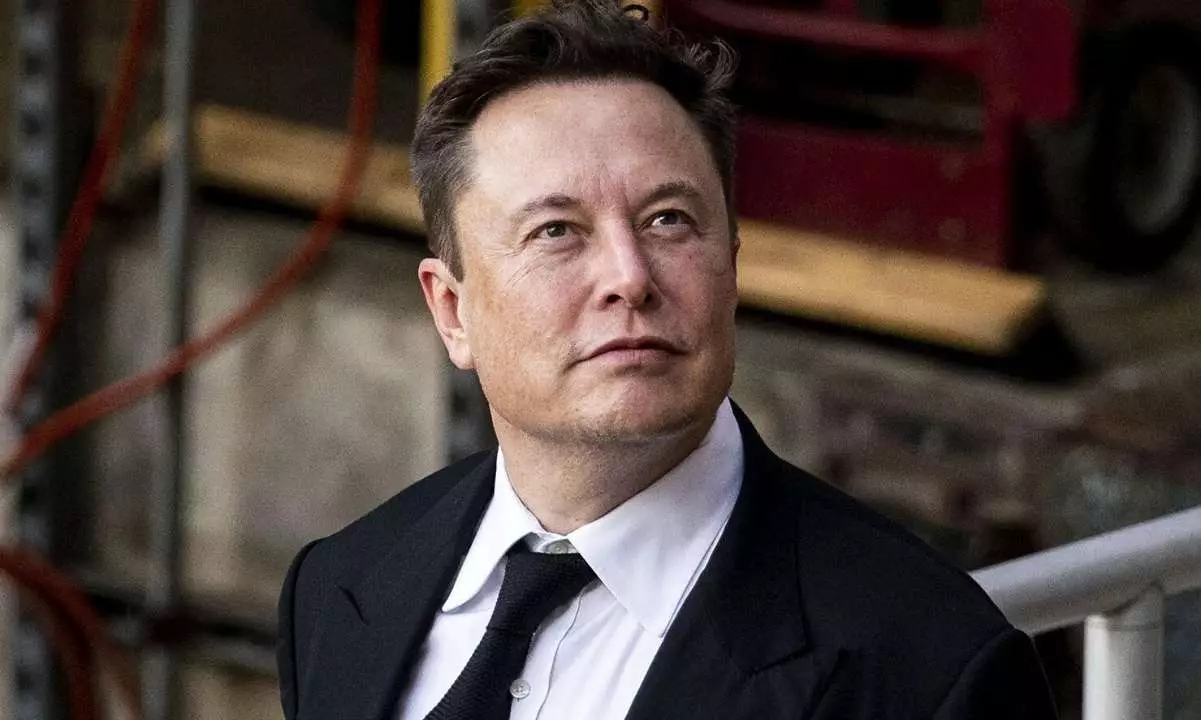In the ever-evolving landscape of corporate governance, few cases exemplify the intersection of high finance, technology, and regulatory scrutiny as vividly as the ongoing legal battle between the United States Securities and Exchange Commission (SEC) and Elon Musk, the foremost billionaire entrepreneur. The SEC has leveled a lawsuit against Musk, alleging that he failed to comply with federal regulations concerning timely disclosure of ownership stakes in publicly traded companies. The controversial nature of this case stems from Musk’s acquisition of Twitter (now referred to as X), which has not only disrupted the social media landscape but has also drawn attention to the implications of his business maneuvers.
According to the SEC’s complaint, Musk began amassing shares in Twitter early in 2022, surpassing the crucial 5% threshold on March 14. At this point, he was legally obligated to disclose his stock ownership within ten days—a transparency requirement designed to safeguard market integrity. However, the SEC contends that Musk delayed the disclosure until April 4, 2022, a full eleven days after the deadline, during which time he had increased his stake to over 9%. This alleged failure to report is serious not just from a legal standpoint but also from an ethical perspective since it raises questions about market influence and the responsibilities of major stakeholders.
The SEC argues that Musk’s delayed disclosure allowed him to purchase additional shares at “artificially low prices,” facilitating significant gains at the expense of other investors. This situation potentially resulted in an unjust enrichment of $150 million for Musk, as other investors, unaware of his growing stake, sold their shares at suppressed values. The implication here is profound: the SEC’s claim underscores the potential for market manipulation and the risks posed to individual investors, especially in volatile sectors like technology and social media.
Elon Musk’s response to the SEC’s lawsuit speaks volumes about his perception of regulatory bodies. Describing the SEC as a “totally broken organization,” Musk lambasted the agency for focusing on what he deems trivial matters rather than addressing more significant criminal acts that go unpunished. His stance signals a broader trend in the relationship between entrepreneurs and regulatory agencies, often marked by tension and scrutiny over transparency and ethical practices.
Despite these legal challenges, Musk’s acquisition and subsequent transformation of Twitter, now X, depict a narrative of innovation. Since purchasing the platform for an astonishing $44 billion, he has introduced several features aimed at enhancing user engagement, including account monetization and the integration of an AI chatbot. As he navigates these innovations alongside legal challenges, Musk’s journey serves as a critical case study in modern business ethics, investor rights, and corporate accountability.
The SEC’s lawsuit against Elon Musk encapsulates more than just an individual case; it highlights the ongoing dialogues about transparency, regulatory frameworks, and the responsibilities that come with substantial financial influence. The outcome of this legal showdown may hold significant implications for the future of corporate governance, especially as technological innovations continue to reshape market dynamics.

